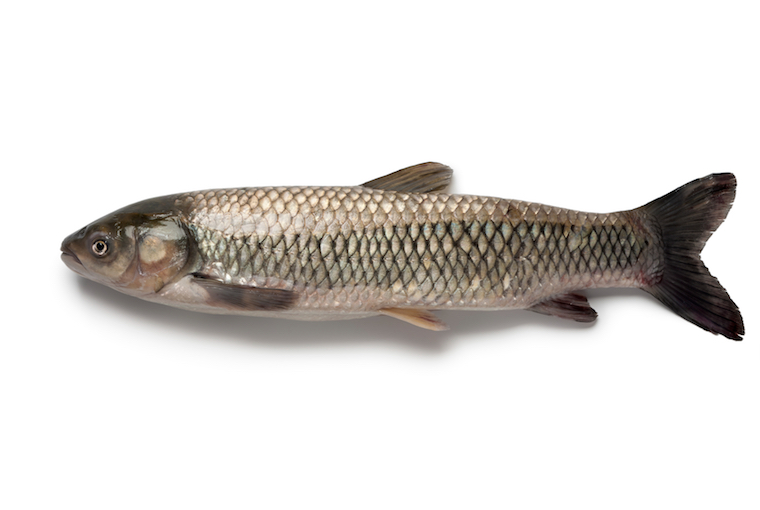
Grass carp could be eliminated from the Great Lakes, if a planned attack against the species works as intended.
Lake Erie is ground zero for a potential carp invasion. “We don’t know if we are seeing more because we are looking, or if we are the leading edge of an invasion,” said Marc Gaden, communications director for the Great Lakes Fisheries Commission. “We are treating it like it’s the edge of an invasion.”
But, action is being taken. The US Congress recently approved $1 million for a concerted effort to tackle grass carp this summer. This will involve targeted netting this summer, and involve Canadian personnel who are part of the lake-wide coordinated response to grass carp. This money was approved because more fertile fish have been found lately.
It’s a unique effort — the first attempt at eliminating an already-present invasive species, as far as Gaden knows.
Sampling the watershed
“Ontario is planning to do environmental DNA sampling throughout the watershed, and will plan to assist US agencies in the event of an incident, and if they invoke the Invasive Species Mutual Aid Agreement — which Ontario has signed on to with all of the Great Lakes state governors and the Government of Canada,” said Ministry of Natural Resources and Forestry Issues Management Coordinator Mary Ferguson.
“The health and well-being of our staff and the people of Ontario is our top priority. There may be some delays or disruptions to ministry services as we follow recommendations of Dr. Williams, Chief Medical Officer of Health, to contain the spread of COVID-19. We would only be able to assist with the sampling once operations are restored to normal.”
Grass carp eat plants
Grass carp are used for vegetation control in contained ponds in some states and differ from other Asian carp species in that their main diet is plants. Farmed Asian carp are only released after they have been tested sterile and, can only be put into contained ponds. It’s believed the grass carp in the Great Lakes escaped during flooding, but it’s unknown how fertile fish ended up in the system.
Most grass carp in Lake Erie were found in Ohio waters. Fertile fish have been found in the Maumee, Sandusky, and Cuyahoga Rivers, all Ohio waterways flowing into Erie. Grass carp have also been found in the Grand River, near Dunnville, Ontario and have been in the lake as a whole for more than 20 years.
Researchers found if 400 grass carp were removed from Lake Erie per year, any fertile fish would be unlikely to be able to find each other. With that in mind, the concerted effort is planned for this summer to remove grass carp with netting.


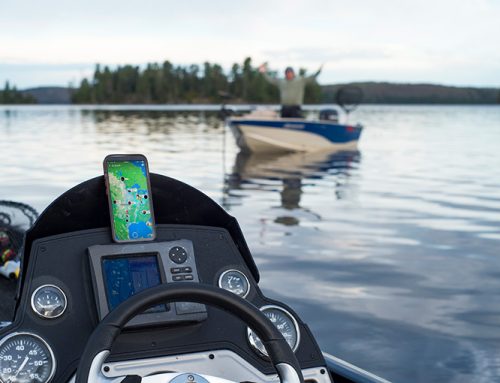
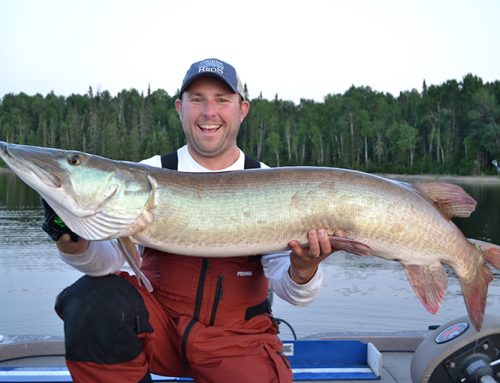
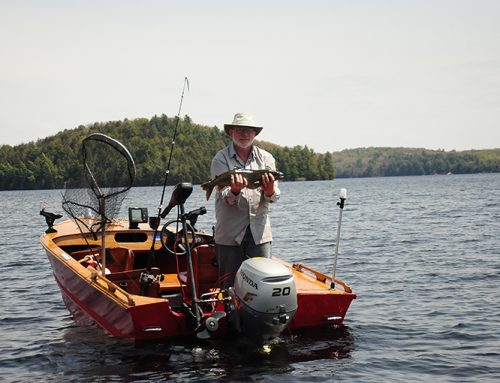
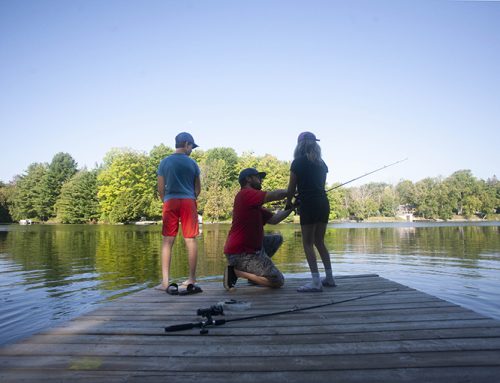
Leave A Comment